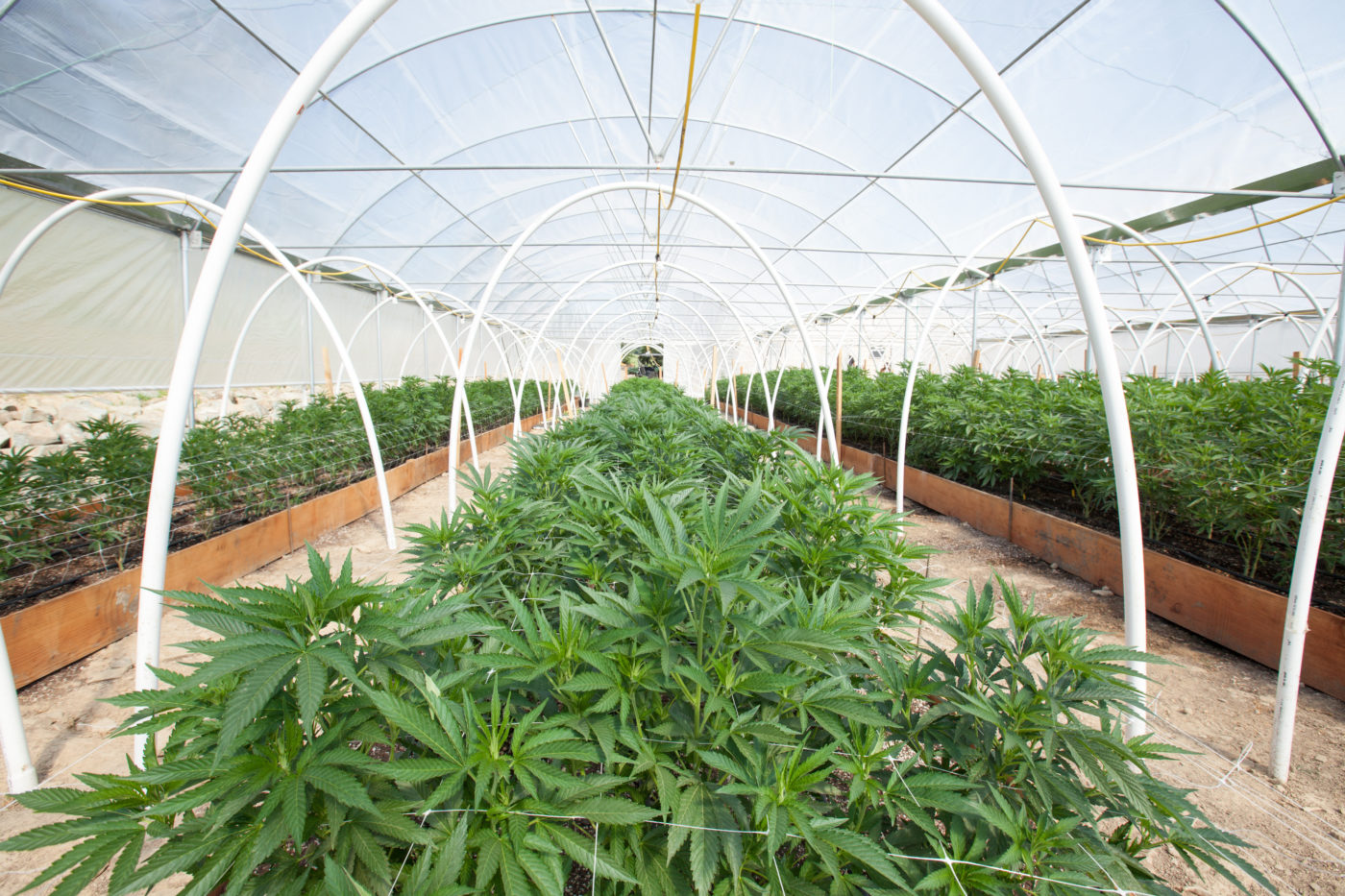
2018 Farm Bill
June 10, 2020
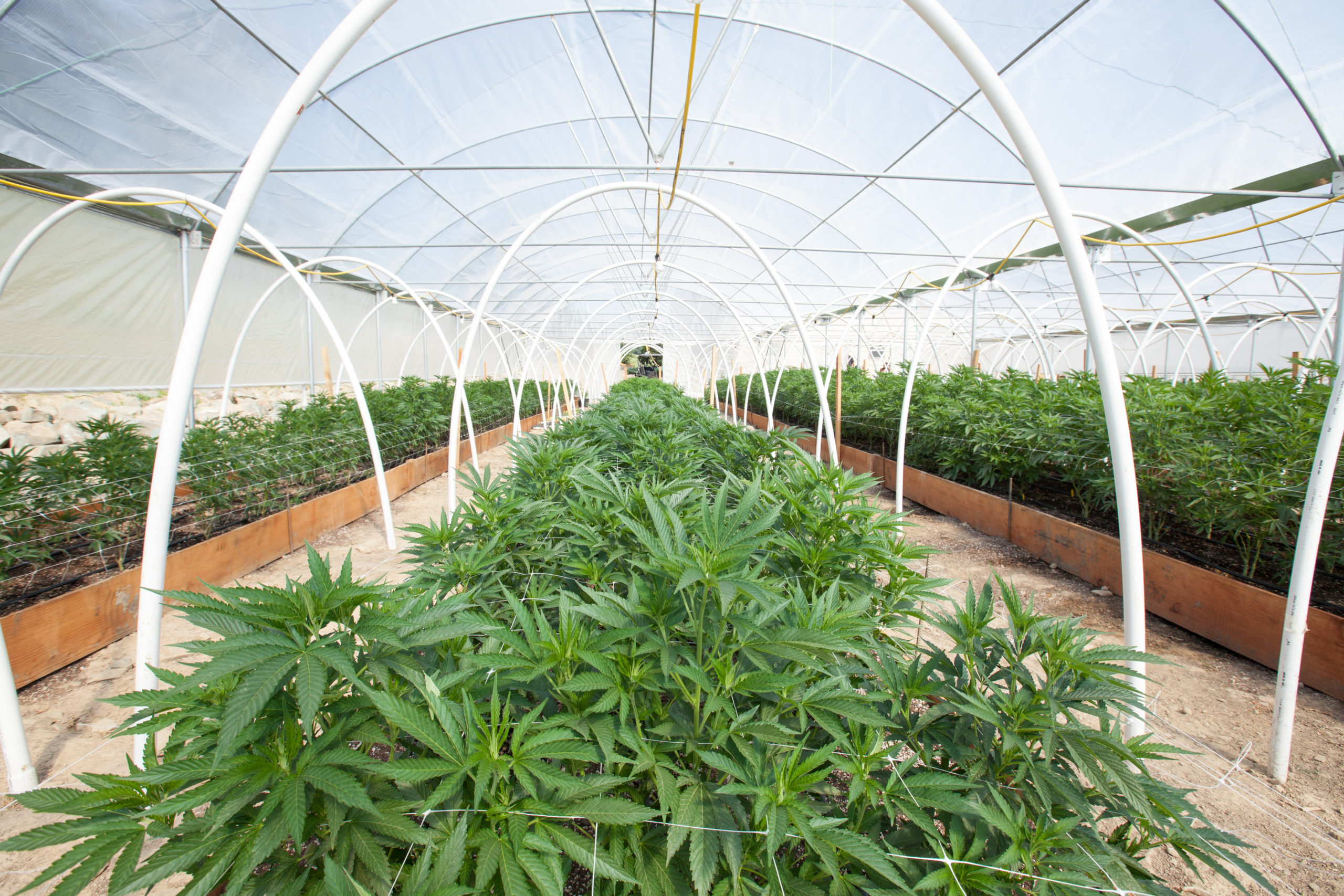
This week’s post is not only a continued explanation of hemp regulations, but also a deep dive into the 2018 Farm Bill. Our guest blogger, Joy Beckerman, Director of Regulatory & Legal Affairs at Zilis, gives us the inside scoop on what the 2018 Farm Bill actually provides for farmers and businesses in the hemp industry.
The “Farm Bill” as we call it, is the primary agricultural and food policy mechanism used by Congress and it encompasses both agriculture and all other affairs under the purview of the U.S. Department of Agriculture (USDA). These extensive omnibus Farm Bills are renewed approximately every five years and can be highly controversial, impacting the environment, social programs, international trade, food safety, and rural communities.
As discussed in last week’s post, the versatile, valuable hemp crop began to re-emerge in America’s agricultural scheme via a simple but revolutionary provision within the Agricultural Act of 2014 (2014 Farm Bill) titled, “Legitimacy of Industrial Hemp Research1.” The 2014 Farm Bill authorized state departments of agriculture and institutions of higher education in states that permit the cultivation of hemp to participate in hemp agricultural pilot programs. As we also discussed, the 2014 Farm Bill created a definition for “industrial hemp” for the first time in U.S. history, distinguishing it from its Cannabis cousin commonly known as marijuana.
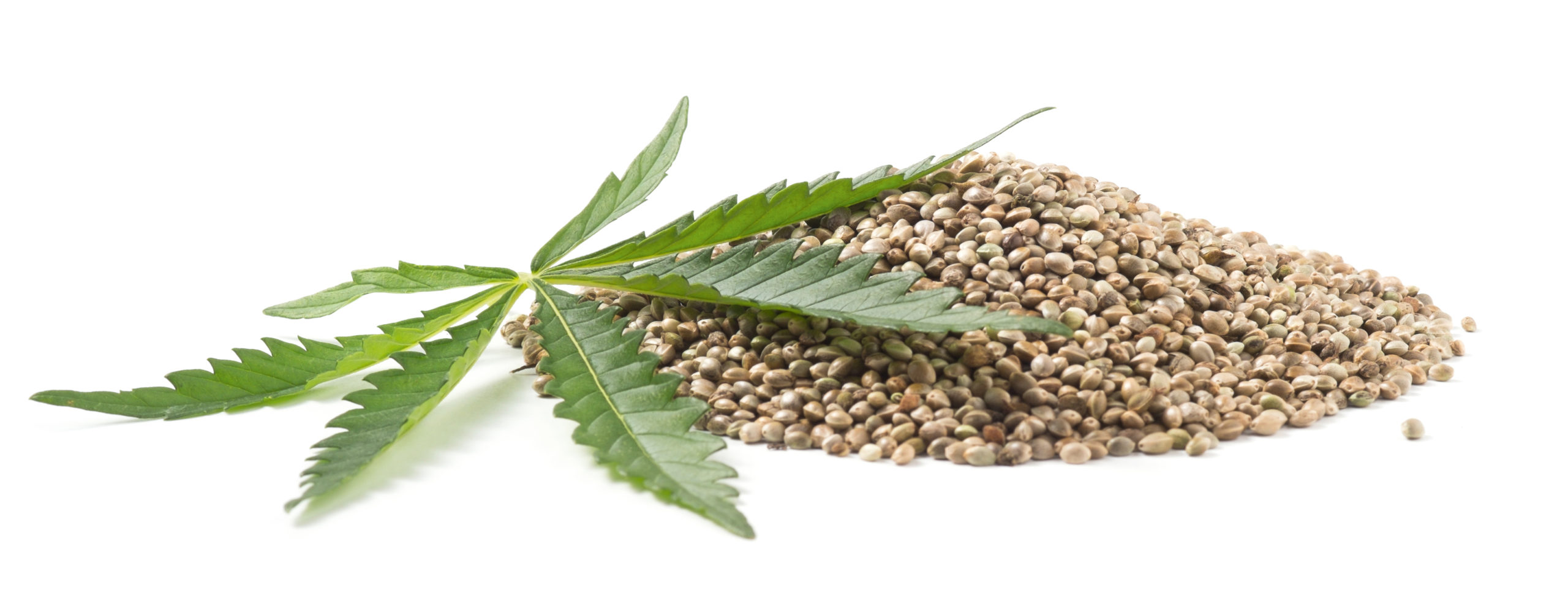
2014 to 2018
These agricultural pilot programs, which required a research component, were a wise pathway to reintroduce the crop. Many U.S. states took advantage of these new federal authorizations by passing legislation that directed their state department of agriculture to create regulations for farmers to become registered or licensed as cultivators of hemp with reporting requirements and research goals to help advance the crop. But no federal crop insurance was available under these research programs, banks and other financial service providers were leery of providing services, and confusion over hemp’s and its derivatives’ inclusion or exclusion within the Controlled Substances Act created hardships and other challenges at nearly every level of agriculture, commerce, and government.
The hemp industry and supportive members of Congress set out to address these challenges over the next four years and, working together, conscientiously drafted expanded hemp provisions in the Agriculture Improvement Act of 2018 (2018 Farm Bill)2. The 2018 Farm Bill formally liberated hemp and tetrahydrocannabinols (THC) derived from hemp from the shackles of the hysterical Controlled Substances Act and lifted this amazing crop to its rightful place among America’s other agricultural commodities.
The new definition of “hemp” (noting the legislative removal of the word “industrial” from the 2014 Farm Bill definition) was deliberately broadened and bolstered to eliminate all confusion by specifically including the plant’s “seeds…and all derivatives, extracts, [and] cannabinoids…” with a THC concentration of not greater than 0.3 percent3. To further address the hardships and challenges experienced during the prior four years of agricultural pilot programs, the 2018 Farm Bill amended the following Acts to include hemp, in addition to amending the Controlled Substances Act to remove hemp4:
- The Agricultural Marketing Act 5;
- The Agricultural Act of 2014 (2014 Farm Bill)6;
- The Federal Crop Insurance Act7;
- The National Agricultural Research, Extension, and Teaching Policy Act8; and
- The Critical Agricultural Materials Act9.
Of critical note is the fact that the 2014 Farm Bill did not include our nation’s indigenous tribes within the hemp provision, whereas the 2018 Farm Bill does include the tribes, thanks to advocacy and overwhelming legislative support. We also discussed last week that the 2018 Farm Bill proactively states that nothing in it affects or modifies the Federal Food, Drug, and Cosmetic Act. The U.S. Food & Drug Administration has deemed hempseed oil, hulled hempseed, and hemp protein powders generally recognized as safe (GRAS) and is working to create a regulatory framework for CBD.
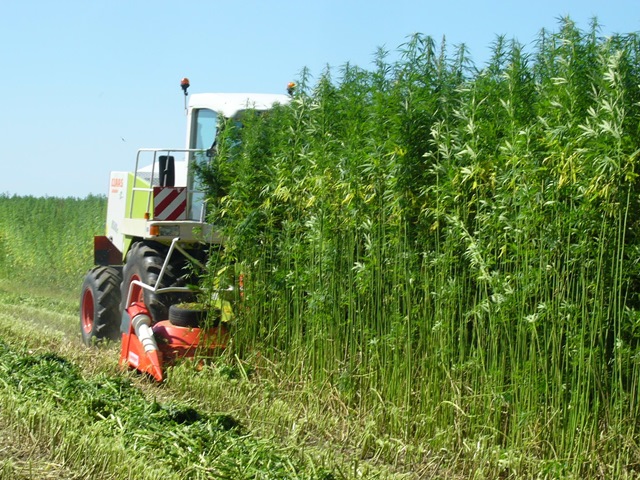
Here is a summary of additional provisions within the 2018 Farm Bill:
- Authorizes federal crop insurance for hemp;
- Makes the USDA the sole federal regulatory agency overseeing hemp cultivation
(meaning the growth or production of hemp, but nothing beyond that, such as processing); - Authorizes and funds hemp research as part of the Supplemental and Alternative Crops program and the Critical Agricultural Materials Act;
- Requires USDA to develop federal regulations for hemp farming that may be used in states and tribal governments that choose not to be the primary regulator;
- Requires states and tribal governments wishing to have primary regulatory authority to submit a plan for hemp regulation to USDA that meets minimum requirements;
- Repeals the 2014 Farm Bill provisions (meaning the agricultural pilot programs and temporary definition of “industrial hemp”) one year after USDA establishes federal regulations for hemp farming (which repeal date is October 31, 2020); and
- Requires USDA to conduct a study of state hemp agricultural pilot programs.
The 2018 Farm Bill mandates the following requirements for state and tribal hemp production plans, and gives authority to the USDA to create additional regulations:
- A practice to maintain relevant information regarding land on which hemp is grown, including a legal description of the land;
- A procedure for testing THC content of the crop;
- A procedure for conducting an annual inspection (limited to one per year);
- A procedure for the effective disposal of non-compliant crops;
- A procedure to comply with the USDA’s enforcement measures; and
- A certification that the state or tribal government has the resources and personnel to carry out the requirements.
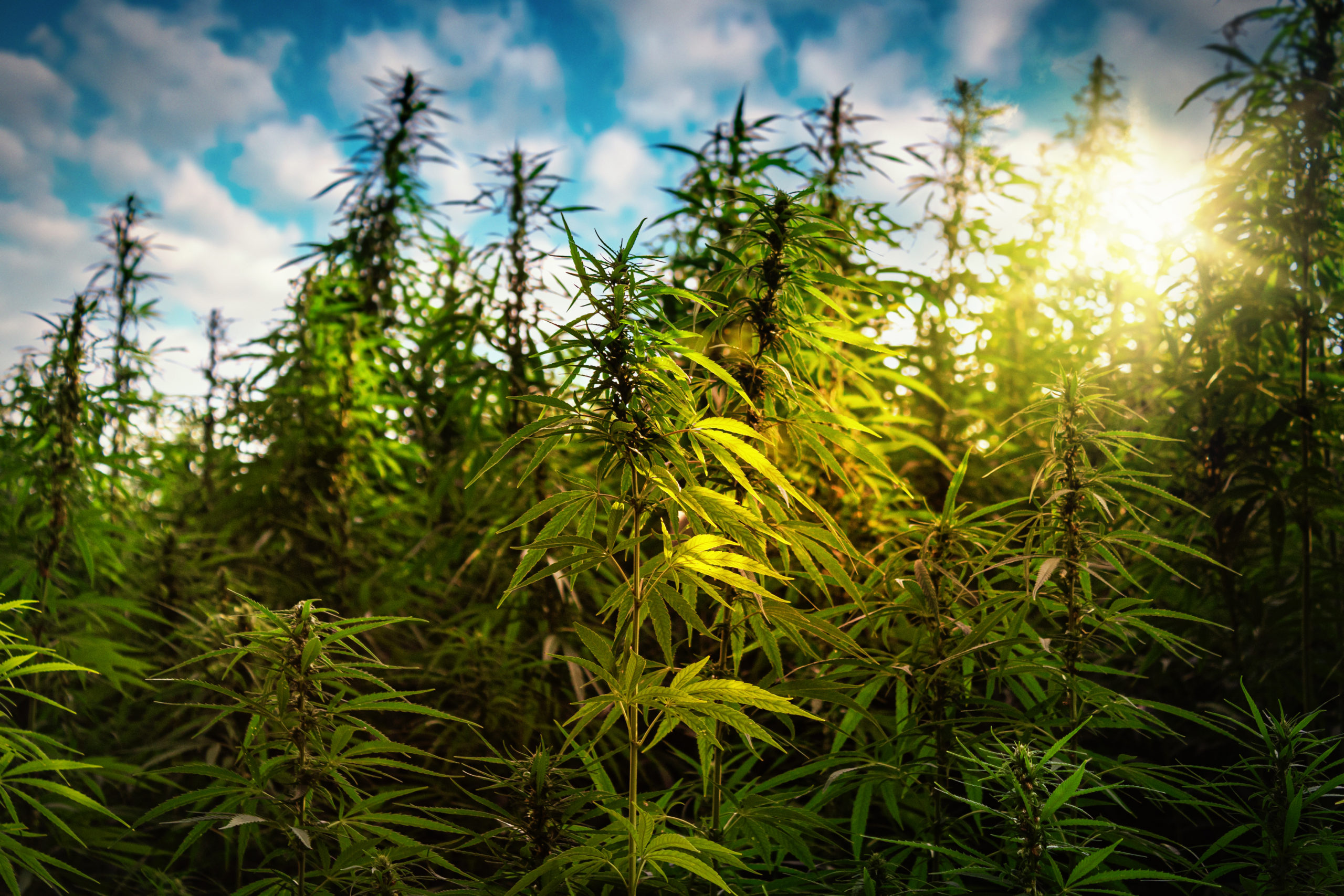
The Interim Final Rule
The USDA’s Interim Final Rule on domestic hemp production10, which was filed on October 31, 2019, is currently under scrutiny by farmers, the hemp industry, state and federal legislators, state departments of agriculture, and even the U.S. Small Business Administration11. Many states are choosing to continue to operate under the 2014 Farm Bill agricultural pilot programs before that federal law is repealed so they can protect their farmers and emerging hemp industries for another season in hopes the USDA will amend some of the harmful and unnecessary provisions within its Interim Final Rule. In the meantime, as of May 27th, the USDA has approved 29 tribal hemp production plans and 18 state hemp production plans12.
With farmers, industry, and government working together to deliver on the promise of hemp, we can only win. The incredible hemp crop is marching down the field of America’s agricultural scheme once again, and Zilis is thrilled to be apart of reinvigorating the American farm and providing some of the most remarkable opportunities hemp brings!
Special thanks to Joy Beckerman for her insight and expertise on these complex legal and regulatory issues!
Check out our next post about the Benefits of Cannabinoids.
[1] Agricultural Act of 2014; H.R. 2642; Pub.L. 113–79, also known as the 2014 Farm Bill, at §7606
[2] Agriculture Improvement Act of 2018; S. 3042; Pub.L 115-334, also known as the 2018 Farm Bill, at §§7129, 7501, 7605, 10113, 10114, 11101, 11102, 11119, 11121 and 12619
[3] Agricultural Marketing Act of 1946 at §297A (7 U.S.C. 1639)
[4] Controlled Substances Act of 1970 at §102(16) (21 U.S.C. 802(16))
[5] Agricultural Marketing Act of 1946 (7 U.S.C. 1621 et seq.)
[6] Agricultural Act of 2014 at §7606 (7 U.S.C. 5940)
[7] Federal Crop Insurance Act at §502(b)(7 U.S.C. 1502(b))
[8] National Agricultural Research, Extension, and Teaching Policy Act of 1977 at §1473D (7 U.S.C. 3319d)
[9] Critical Agricultural Materials Act at §5(b)(9) (7 U.S.C. 178c(b)(9))
[10] U.S. Department of Agriculture’s Agricultural Marketing Service, “Hemp Rulemaking Documents” at https://www.ams.usda.gov/rules-regulations/hemp/rulemaking-documents (last visited June 2, 2020)
[11] Chief Counsel of the U.S. Small Business Administration. Letter to the Secretary of the U.S. Department of Agriculture. January 29, 2020. https://cdn.advocacy.sba.gov/wp-content/uploads/2020/01/29114740/Advocacy-Hemp-Comment-Letter-1.29.20.pdf (last visited June 2, 2020)
[12] U.S. Department of Agriculture’s Agricultural Marketing Service “Status of State and Tribal Hemp Production Plans for USDA Approval” https://www.ams.usda.gov/rules-regulations/hemp/state-and-tribal-plan-review (last updated May 27, 2020)
About Zilis’ Scientific Research & Development Department
Our Scientific Research and Development Department is headed up by Dr. Marielle Weintraub, a hemp industry expert. She holds a master’s and a PhD in Behavioral Neuroscience and is very active in many dietary supplement and hemp industry trade associations, including her role as the current President of the U.S. Hemp Authority. Dr. Weintraub is committed to the continued development of hemp-specific information and testing to fulfill the Zilis mission.
Science posts for Discover are co-researched and co-written by Kelly McGill, Senior Scientific Technical Writer at Zilis. Kelly holds a bachelor’s degree in English and a master’s in Linguistics / TESL. She has been writing science-related content for over 20 years and is an expert in making difficult concepts easy to understand.
Zilis is the creator of UltraCell™, a CBD oil product derived from hemp. Based in Argyle, Texas, a suburb of Dallas-Fort Worth, Zilis is privately held. Visit zilis.com for more information.
SHARE THIS POST
ABOUT THIS BLOG
Discover : The blog with the lifestyle, nutrition, science, and history of the hemp industry.
It’s your go-to for the most up-to-date information on hemp, CBD, dietary supplements, and more! Check it out!

